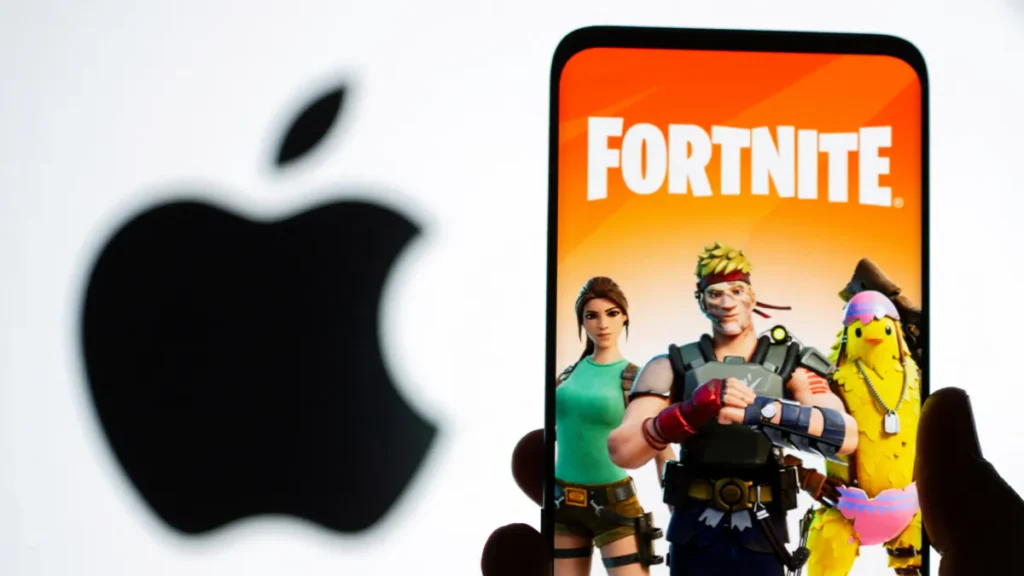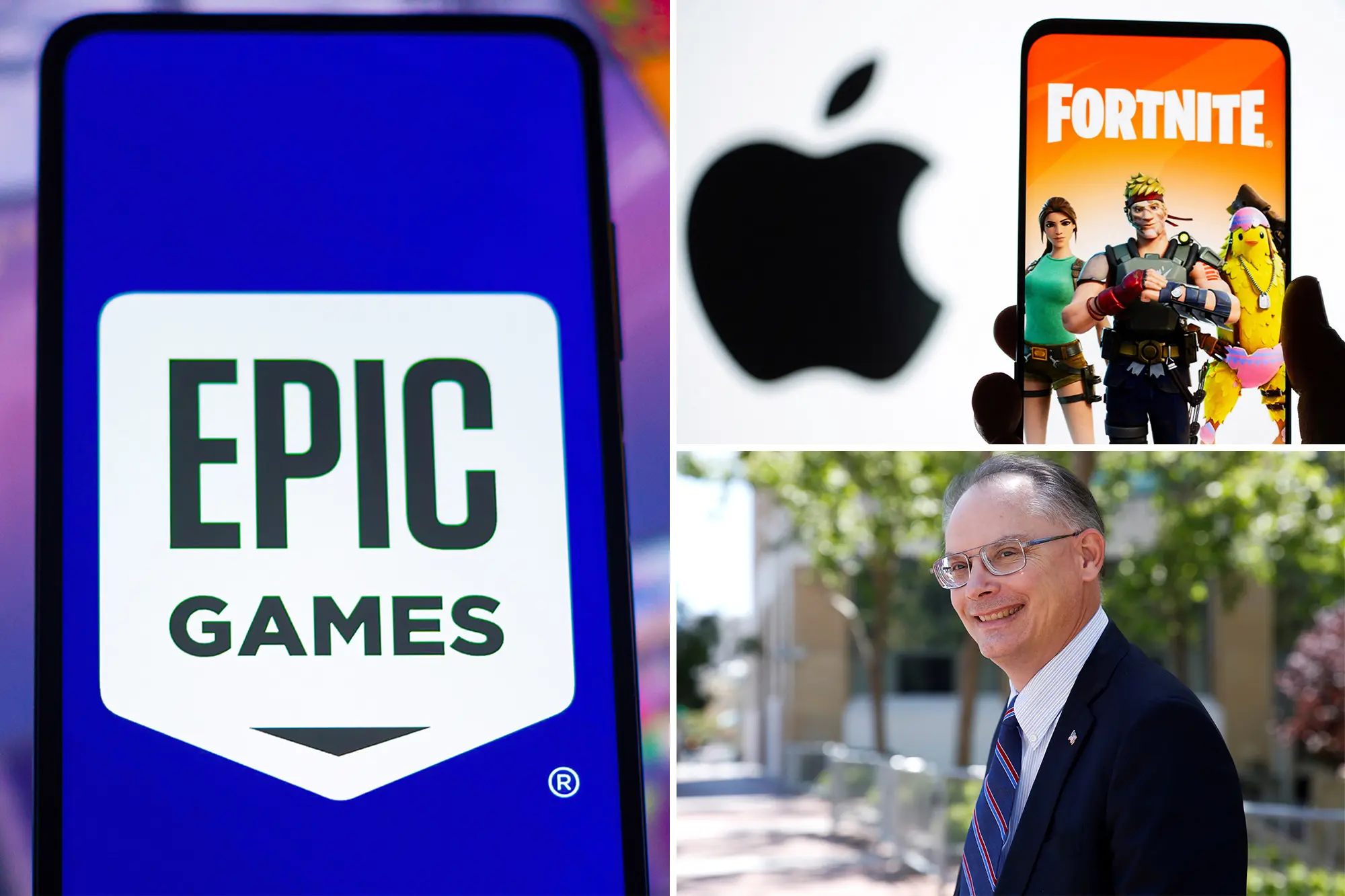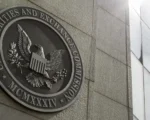Apple vs. Epic Legal Saga: Dispute Over App Store Commission Fees Continues
In the ongoing clash between Apple and Epic Games, tensions have reached a new height as Apple has taken decisive action to prevent Epic Games from launching its own digital storefront on iPhones and iPads within the European market. This move marks yet another chapter in the legal saga that has unfolded between the two tech giants since 2020. At the heart of the dispute lies Epic Games’ accusation that Apple’s imposition of hefty commission fees, amounting to as much as 30 percent on in-app payments made through its iOS devices, constitutes a violation of US antitrust regulations.
The conflict between Apple and Epic Games has not only captured the attention of industry insiders but has also garnered widespread interest among consumers and legal experts alike. The outcome of this legal battle could potentially have far-reaching implications for the future of app distribution and monetization on iOS platforms.
Amidst these legal proceedings, Apple finds itself grappling with additional challenges, particularly concerning sluggish iPhone demand in key markets such as China. This development has contributed to a notable downturn in Apple’s stock performance, with shares experiencing a 12 percent decline since the beginning of the year. Despite these concerns, Apple’s stock remained relatively stable following the latest escalation in its dispute with Epic Games.
As the legal drama continues to unfold, both Apple and Epic Games are poised to defend their respective positions vigorously. With the stakes high and the implications significant, observers eagerly await further developments in this high-profile case, which has the potential to reshape the landscape of the digital marketplace and redefine the relationship between tech giants and app developers.

Apple escalated its feud with Epic Games on Wednesday, blocking the Fortnite video-game maker from launching its own online marketplace on iPhones and iPads in Europe.
The two companies have been in a legal battle since 2020, when the gaming firm alleged that Apple’s practice of charging up to 30 percent commissions on in-app payments on its iPhone Operating System (iOS) devices violated US antitrust rules.
The latest challenge from Epic comes as Apple struggles with concerns about tepid demand for its iPhones in China, and its stock has tumbled 12 percent so far this year, underperforming its big tech peers in the US Its shares were largely unchanged on Wednesday.

















